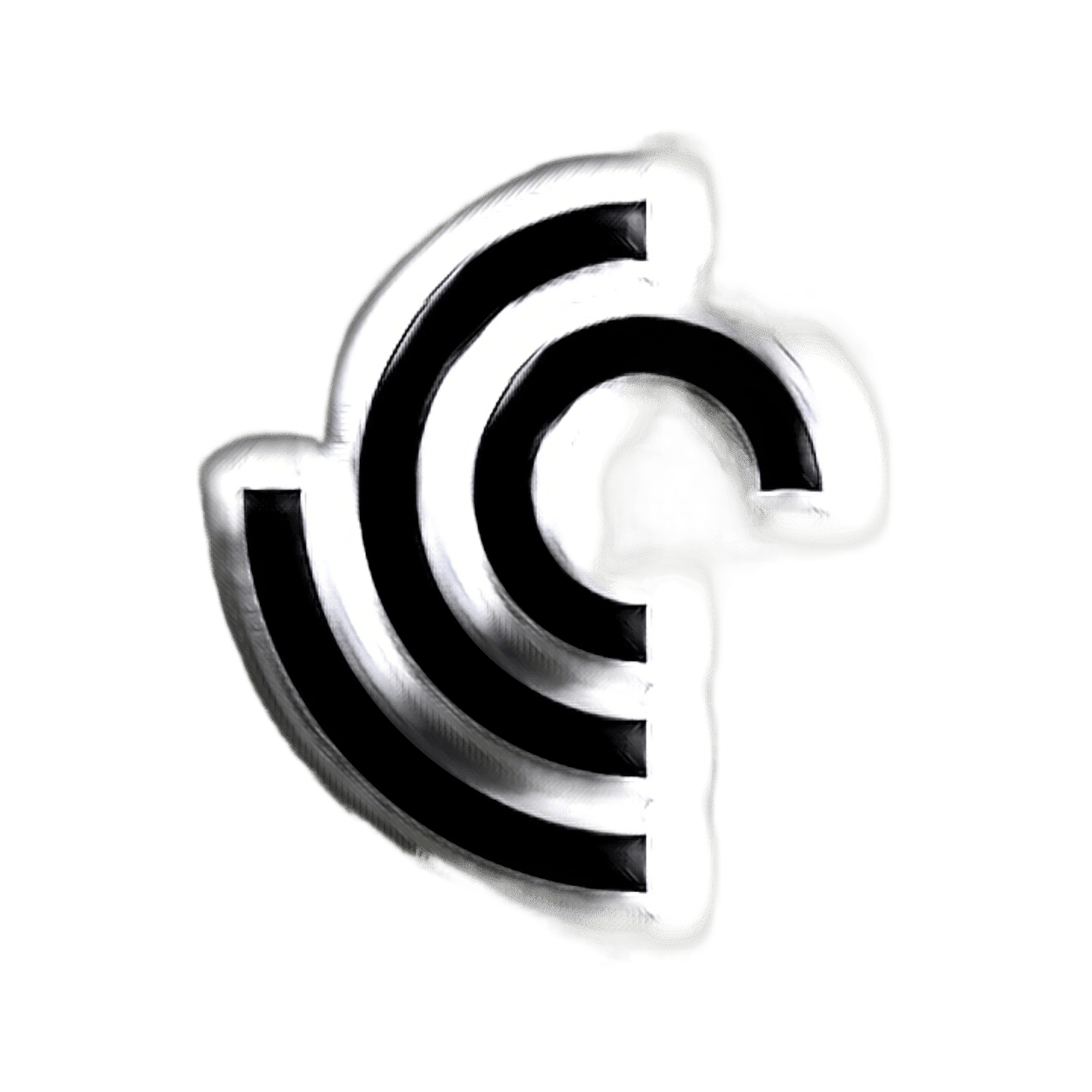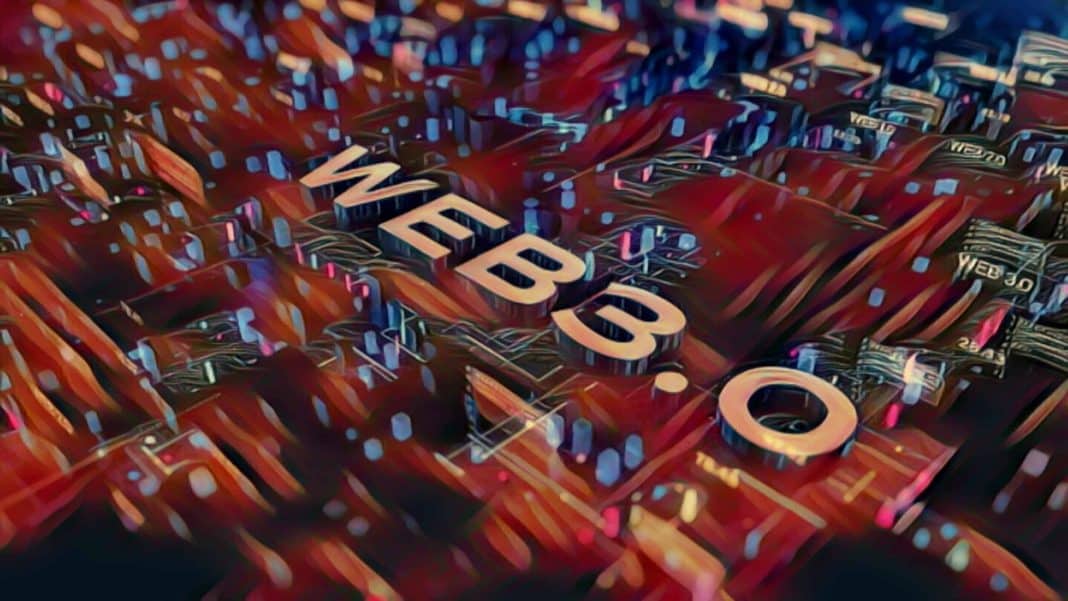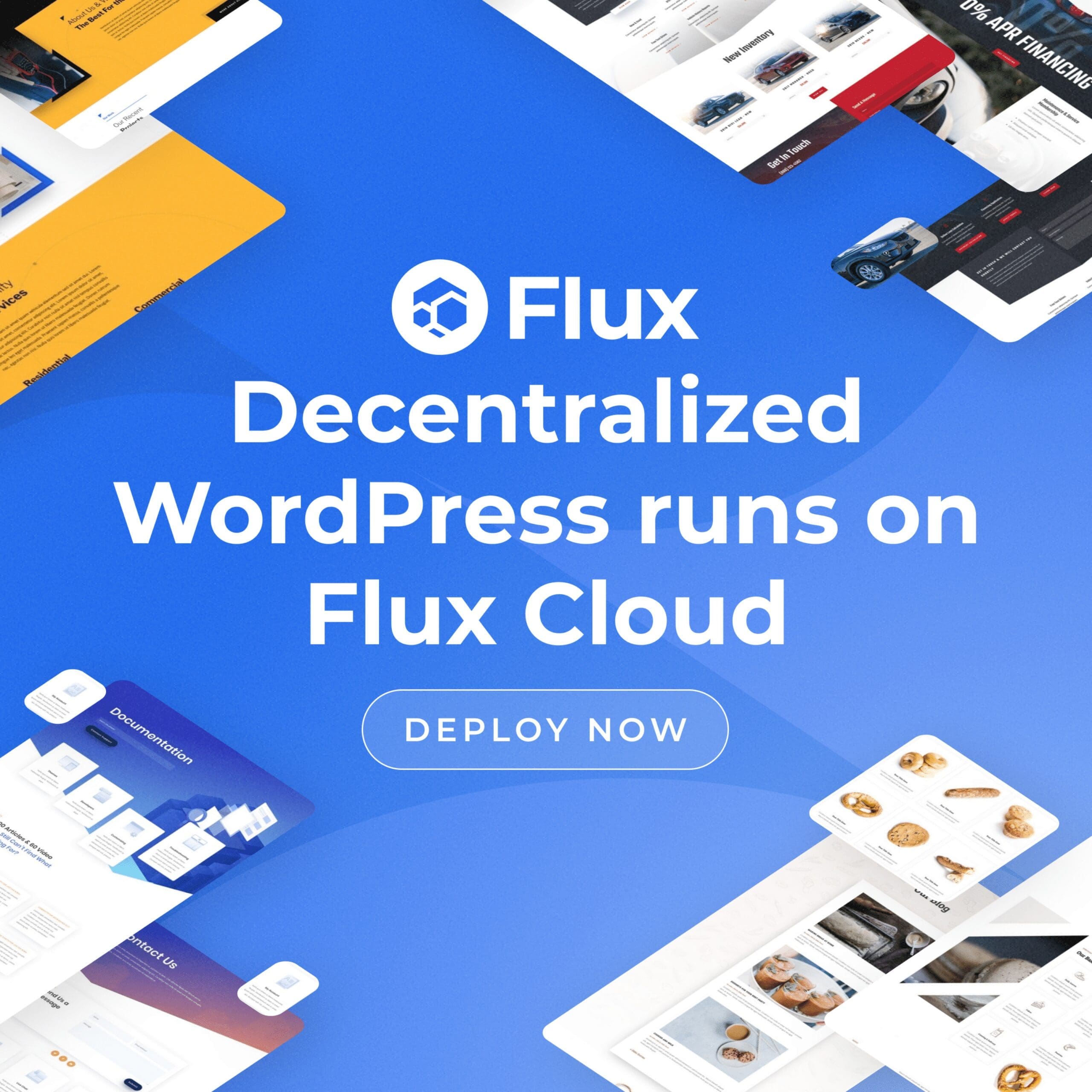Well what is web3, Web3 represents the next phase of the internet and, perhaps, of organizing society. Web 1.0, the story goes, was the era of decentralized, open protocols, in which most online activity involved navigating to individual static webpages.
Web 2.0, which we’re living through now, is the era of centralization, in which a huge share of communication and commerce takes place on closed platforms owned by a handful of super-powerful corporations — think Google, Facebook, Amazon.
Web3 can break the world free of that monopolistic control.
At the most basic level, Web3 refers to a decentralized online ecosystem based on the blockchain.
In essence, it means I personally can become a provider or a co-provider of this overall service just as easily as anybody else in the world.
Decentralized Network
Are we “decentralized.” – the internet already is decentralized, isn’t it? No, data is processed and used by big companies, facebook, google and the banks. they can use your data, and in most cases you give them permission too.
What can you do with Web 3?
Well pretty much anything you can imagine, decentralized networks to process data. Open source and cheaper nodes and servers to host websites and data warehouses.
With concepts such as Proof of Useful work which flux is working on. There are new ways Web3 can be utilized, computational computing, Machine Learning and AI for example.
Also having the ability to share share encrypted peer to peer data, without having to pay the big tech companies.
Decentralized Applications
Decentralized Apps, well what can these do? They can run search engines such as presearch. Decentralized internet searches, no more seeing what google wants you to see.


